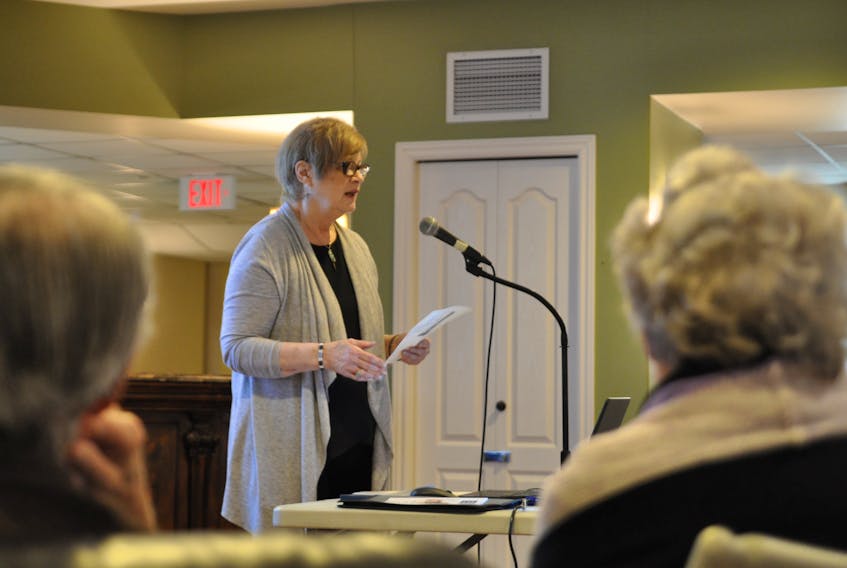One of the advantages of living in a developed country like Canada is access to an advanced healthcare system - and, Canadians are especially lucky that it is fully funded by our taxes and is universally available to all of our citizens. This has meant that our health outcomes are increasingly positive and, consequently, our lifespans have been gradually growing longer over the past number of decades.

Combine this with a decreasing birthrate and we have a situation where our citizenry is aging rapidly and seniors comprise a rising percentage of our overall population. While this trend is prevalent across most of the country, it is particularly acute in Atlantic Canada, where many of our young people have been forced to move to other areas of the country to find employment and raise their family lives. This presents a number of challenges to our health-care system and, when you add the additional factor of mental health, I'm not sure if we're ready for what is to come.
Despite the fact that they continue to have an overall lower life expectancy than the rest of the population, people who live with mental illness have benefitted from our increased focus on mental health over the past number of years and have subsequently seen an increasing percentage living into their senior years. As more and more of them reach an age and require placement in a senior citizens' home, it is not clear if the medical staff at these facilities have been trained to meet the additional challenges that such seniors may present.
While we have separated physical and mental health in their generation, we can't - or certainly shouldn't - do this when they enter senior homes. There will likely be a need to develop strategies and education around melding these communities together so that seniors with mental illness do not face stigmatization in these settings.
Even before they reach the age for seniors homes, many people with mental illness may require the need for personal care homes if they find themselves unable to take care of themselves in their own homes. One problem they may face in this scenario is that most policies that have been developed around the criterion that must be met for someone to be admitted to such a home revolve around their physical ability to take care of themselves. What's not clear is if these policies will take into account the impact acute mental illness has on one's ability to get out of bed, cook food, bathe or any of the other basic tasks that may become next to impossible for someone who is dealing with the long-term impact of their mental illness. In addition, such illnesses have often had a major impact on socialization for these individuals and acute loneliness becomes an aggravating factor on all aspects of their health.
Much of the focus of our health system in recent years has been on trying to keep seniors in their own homes for as long as possible - and this should also apply to those seniors who experience mental illness. This may require specialized programs to ensure that all their needs are being met and it's not clear if such programs have been developed yet in Atlantic Canada. The social needs for such seniors are critical for their overall health and home-support services to help them also need to consider mental health concerns as well as physical ones.
If there is one thing of which we can be certain, it's that a wave of seniors needing various levels of care is coming soon and it is vital that we start preparing now to ensure that those who experience mental illness are not left behind or ignored. We need to do our planning now and see this issue through the lens of both mental and physical health; chances are, we will all be needing these services ourselves one day and we should consider how we will want to be treated when it's our turn.
Brian Hodder is an LGBTQ2 activist and works in the field of mental health and addictions. He can be reached at [email protected].









